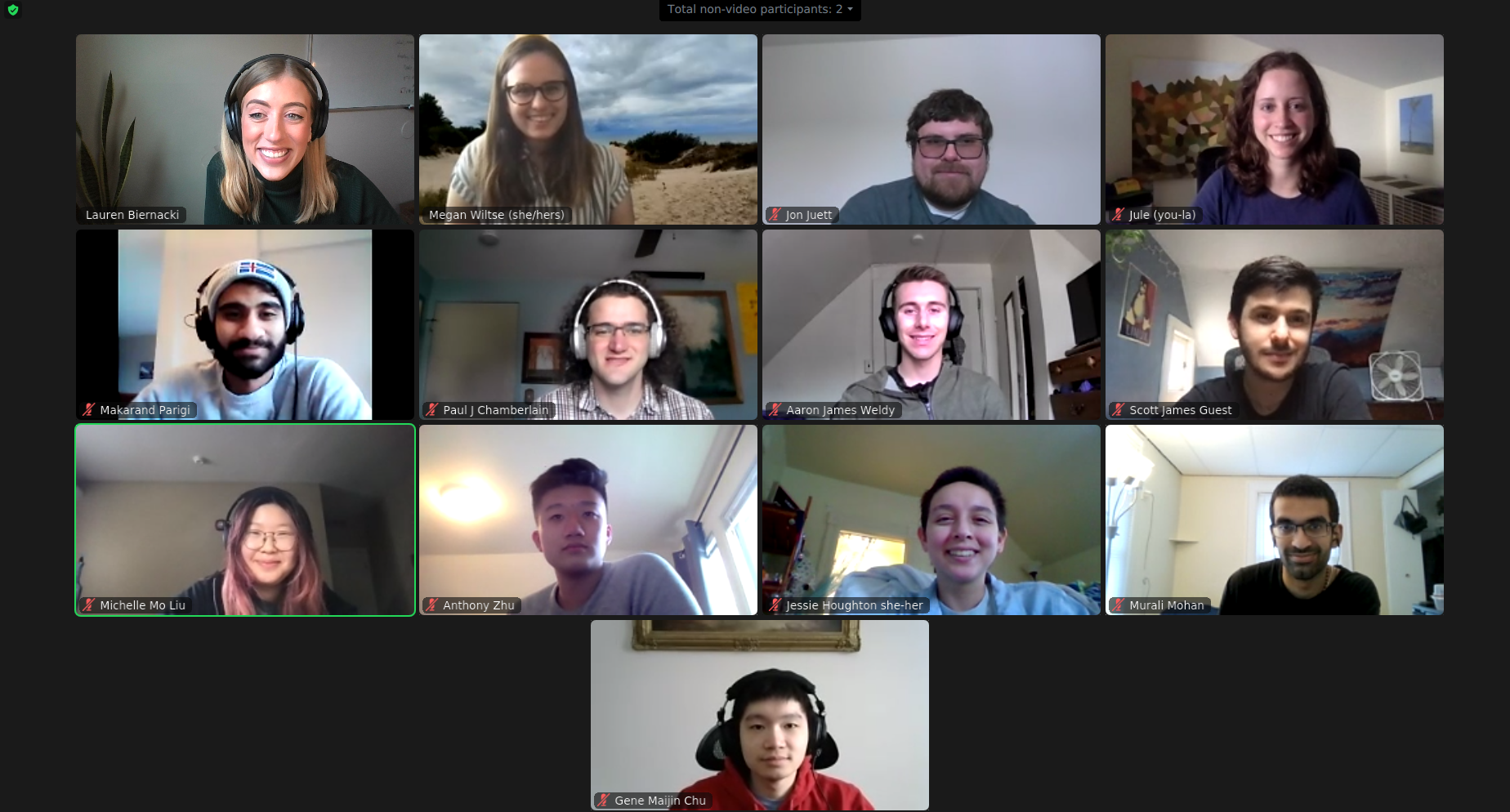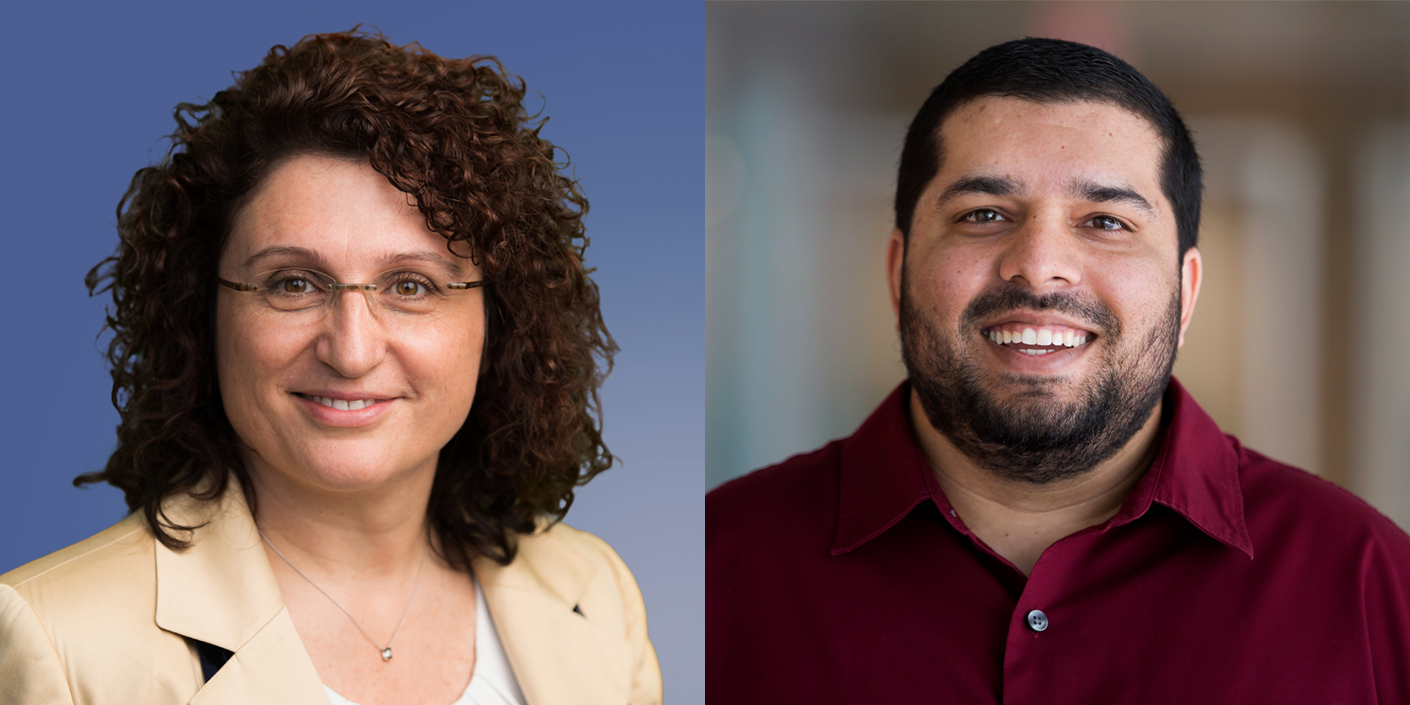Inclusive teaching sessions underway at CSE
Over 200 student instructors and teaching assistants who teach classes in the computer science and computer engineering curricula are being trained in inclusive teaching.

 Enlarge
Enlarge
For the third year, Graduate Student Instructors (GSIs) and Instructional Assistants (IAs) for computer science and engineering classes are attending introductory and advanced workshops in inclusive teaching. The workshops are designed to give the participants tools they can use in the classroom to help create a better and more welcoming climate for all students in their classes.
The initiative, led by Arthur F. Thurnau Prof. Valeria Bertacco and Dr. Amir Kamil, instructional faculty member, has expanded this year to train student instructors and assistants for EECS 183, EECS 203, EECS 280, EECS 281, EECS 370, EECS 376, EECS398, EECS 481, EECS482, EECS 485, EECS 493, and EECS 590.
The first of the 2021 workshops were conducted on February 25, and workshops are running daily through the first week of March. Over 200 student instructors and assistants will attend the training.

 Enlarge
Enlarge
“We are delighted to be able to offer the GSI/IA inclusive teaching workshops for CSE courses for the third year in a row,” said Bertacco. “This year we have launched an advanced workshop for those participants who have attended the introductory workshop in prior years. Moreover, all offerings for 2021 devote special consideration to situations that emerge in remote-teaching settings.”
The goals of the initiative are to identify barriers to success for all CS and CE students, and to develop new approaches and techniques to support their success in the department. As a field, CSE is faced with a number of pressing issues regarding inclusivity and diversity. According to recent statistics regarding the AP Computer Science A exam, the percentage of African-American students sitting for the test in 2018 was approximately 3.7%, while 13% of the general US population is Black. Likewise, while women comprise 57% of undergraduate degrees, only 21% of all Computer and Information Science undergraduate degrees go to women.
Inclusiveness has been an important objective for CSE and students are increasingly becoming quite involved in the effort. “I was especially impressed by the increased interest by students in serving as workshop facilitators,” said Bertacco. “I hope this trend will continue and that we will be able to serve more and more CSE courses in future years.”
CSE PhD student Lauren Biernacki is serving as lead facilitator for the new advanced workshop. She said, “In the newly designed Advanced Inclusive Teaching workshop, participants discuss several scenarios that may arise in CSE courses and collectively brainstorms the best approaches to addressing these scenarios. I have been blown away by the conversations we have had in the Advanced workshop. Participants have demonstrated a deep understanding of the barriers faced by their students and a strong desire to actively combat these barriers.”
The material for both the introductory and the advanced workshop was developed with support from Computing CARES, a program led by Bertacco and Kamil within CSE to support inclusion and positive climate in the classroom. Computing CARES is supported by grants from the U-M Third Century Initiative and the National Center for Women & Information Technology.
 MENU
MENU 
